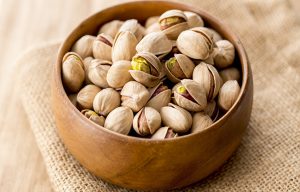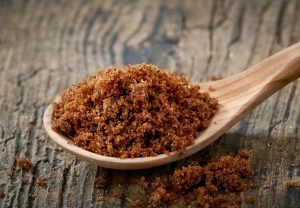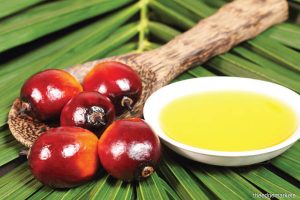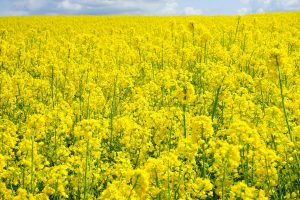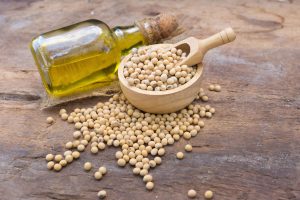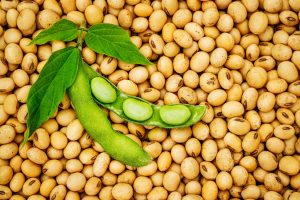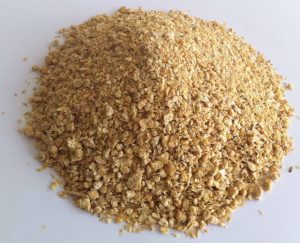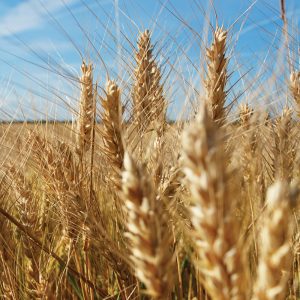Canola oil is a vegetable oil derived from a variety of rapeseed that is low in erucic acid, as opposed to colza oil.

There are both edible and industrial forms produced from the seed of any of several cultivars of the plant family Brassicaceae. According to the Canola Council of Canada, an industry association, the official definition of canola is “Seeds of the genus Brassica (Brassica napus, Brassica rapa, or Brassica juncea) from which the oil shall contain less than 2% erucic acid in its fatty acid profile and the solid component shall contain less than 30 micromoles of any one or any mixture of 3-butenyl glucosinolate, 4-pentenyl glucosinolate, 2-hydroxy-3 butenyl glucosinolate, and 2-hydroxy- 4-pentenyl glucosinolate per gram of air-dry, oil-free solid.”

Consumption of the oil has become common in industrialized nations. It is also used as a source of biodiesel.


